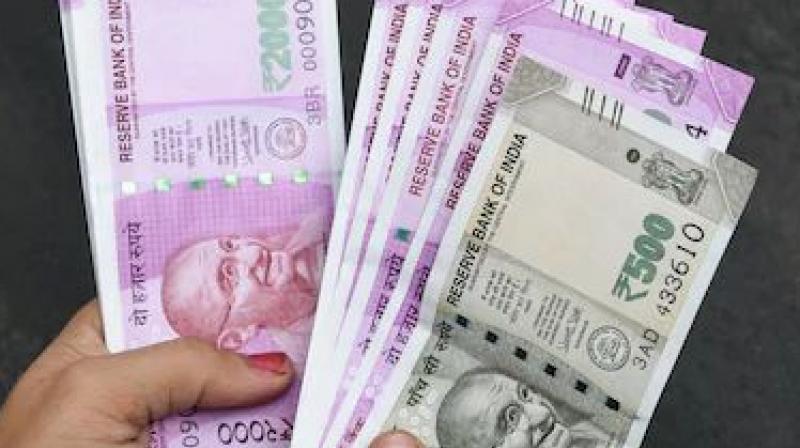ITC anomalies takes a toll on manufacturers
Unused input tax credit causes shortage in funds flow.

Hyderabad: The manufacturing sector is urging the Centre to allow claims of unuti-lised input tax credit (ITC) for GST assesses piled up till July 31, 2018. The blocked ITC was creating working capital shortage, said manufacturers from Telangana and Andhra Pradesh.
They also claim that the latest GST norms further discourage investment in capacity expansion, renovation or upgrade of plant and machinery.
The GST Council recently allowed refund of unutilised input tax credit to manufacturers and the move is expected to benefit some sectors such as textiles. Subsequently, the Central Bureau of Indirect Taxes and Customs (CBIC) in a notification has said that the accumulated credit lying unutilised as on July 31, 2018, would lapse. This is keeping manufacturers on tenterhooks and they voiced concern that cancellation of unutilised ITC would disrupt cash flows and escalate inventory cost.
However, under the GST regime, refund of unutilised input tax credit can be claimed only in respect of zero-rated supplies made without payment of tax or where input tax credit has accumulated on account of inverted duty structure, said an official at GST Bhavan.
Due to the inverted structure of tax, the textile industry and other manufacturing sectors face a huge blockage of working capital by way of non-refundable accumulated credit.
“An inverted duty structure results in a situation where the tax rate on inputs is higher than tax rates on outward supplies. Thus, taxes paid on inputs are at a higher rate than taxes paid on outward supplies, resulting in unutilised accumulation of input tax credit.” says Mr S.N. Panigrahi, corporate GST trainer.
Mr Panigrahi said “The inverted tax structure is impacting raw material purchases because subsequent claims of unused input tax credit after July 31, 2018, are not allo-wed as that component has lapsed. However, the Centre has allowed the claiming of unutilised input tax credit from August 1, 2018, onwards. This is only a partial relief as capital goods are not included in this. For example, cloth manufacturers pay 18 per cent GST on capital goods purchases and five per cent on fabric sales. Investment in plant and machinery remains untilised and this will create working capital problems for manufacturers.”
The Textile Export Promotion Council of India (Texprocil) submitted a memorandum to the GST Council and the finance ministry for allo-wing the accumulated input tax credit on fabrics available with wea-vers as on July 31, 2018, to be adjusted against GST payment for outward supplies in both domestic and export markets.
The Centre, responding to a series of requests made by the manufacturing industry, has now addressed the issue by issuing notification No: 20/2018 — Central Tax (Rate) dated 26.07.2018, which enables the refund of accumulated credit for the manufacturing, especially the textile sector.
“The new provisions provide partial relief to the textile industry as the rule provides mechanism for refund of input tax paid on inputs only. It does not cover input tax paid on input services and capital goods. So those who invest in capital goods and pay GST are not eligible for this benefit of refund of input tax credit. It may result in discouragement for further investment in capacity expansion, renovation or upgrade of plant and machinery.” said Mr. Panigrahi,
Arun Luharuka, president of FTAPCCI, said “Under the transition provision, whatever credit one had in the last 12 months can be taken into books of accounts in case of excise duty. If one has filed GST returns, unus-ed ITC can be carried forward. The government has relaxed the norms on carry-forward claims.”
“Manufacturers generally pay GST on all their inward supplies. Hence, we have legitimate ITC and it is not proper for the Centre to let it lapse by stating that all unutil-ised ITC lapsed as on July 31,” said a manufacturer in the city.

